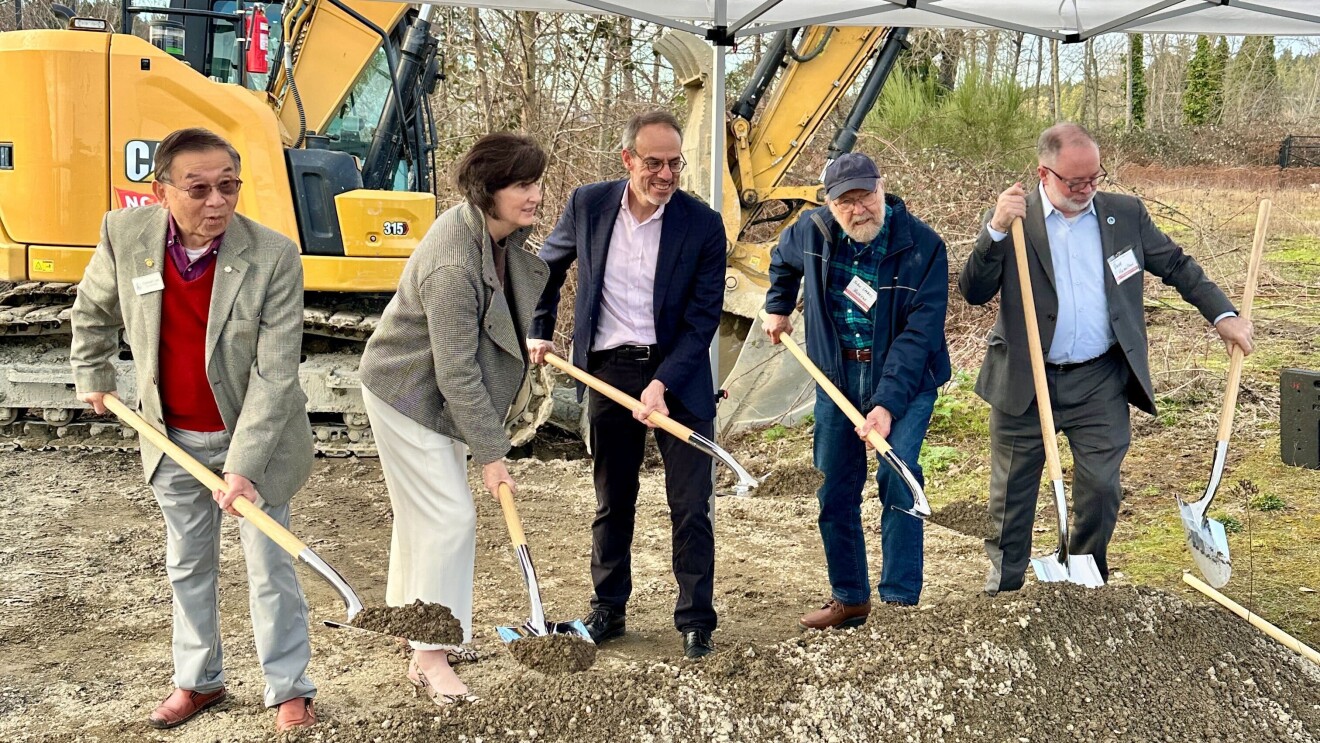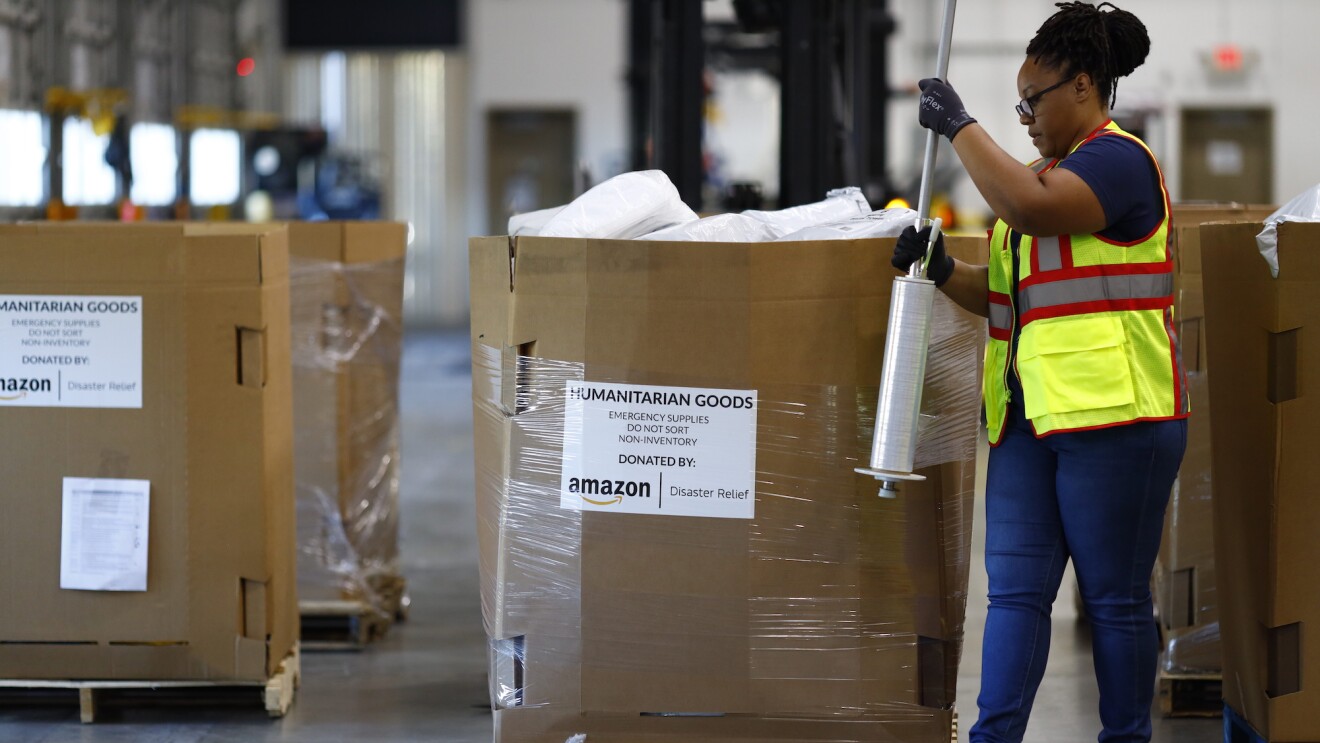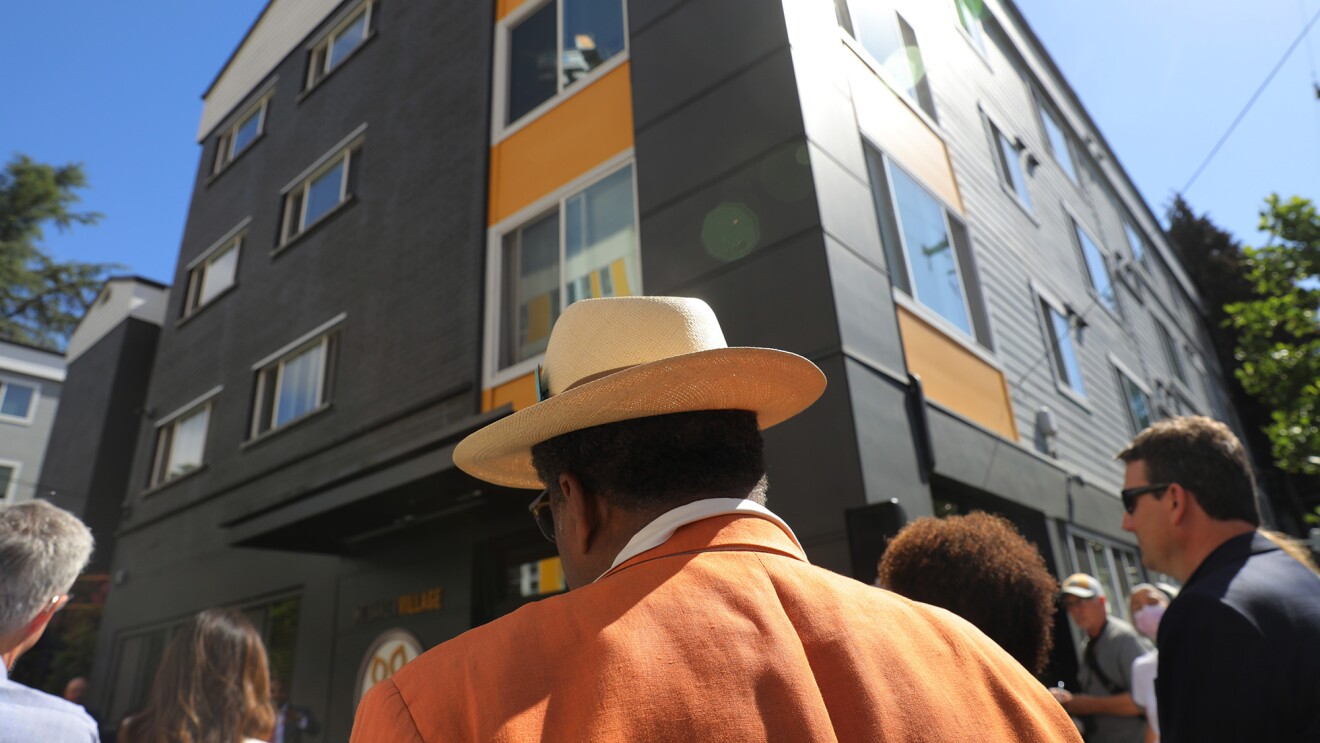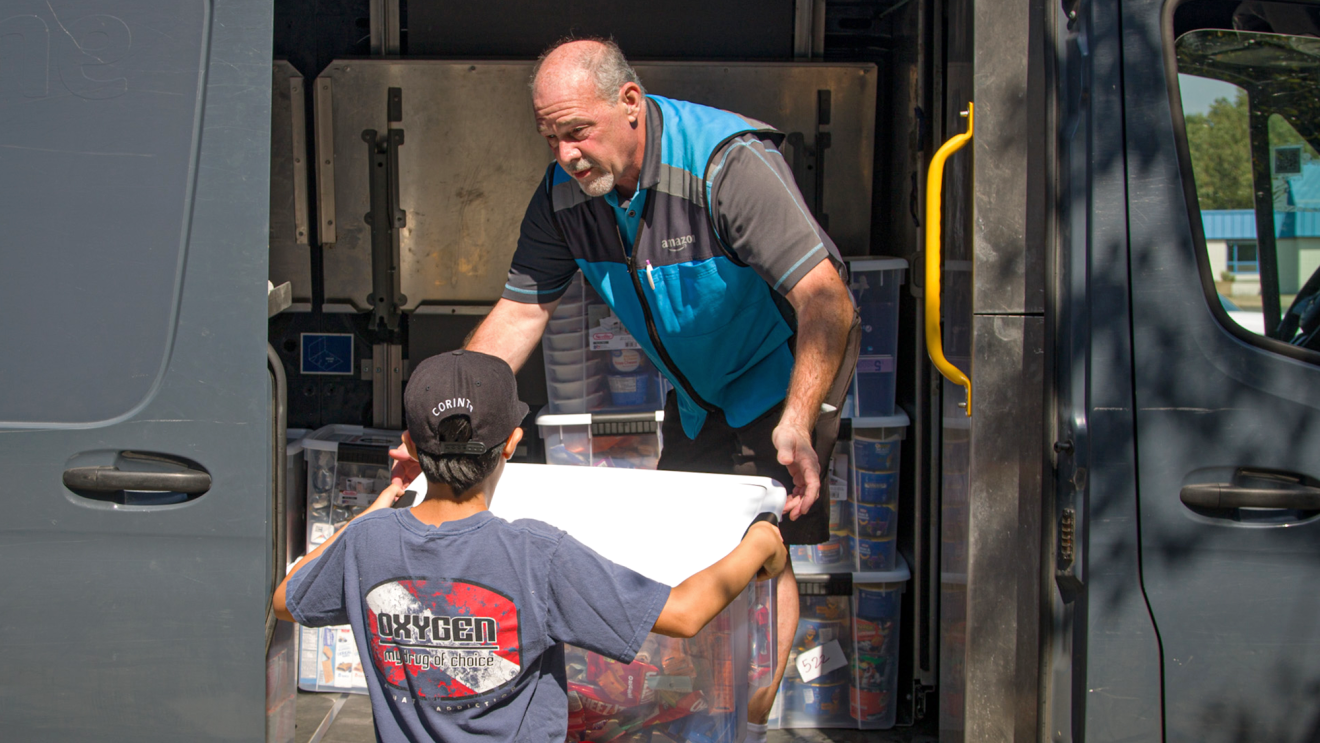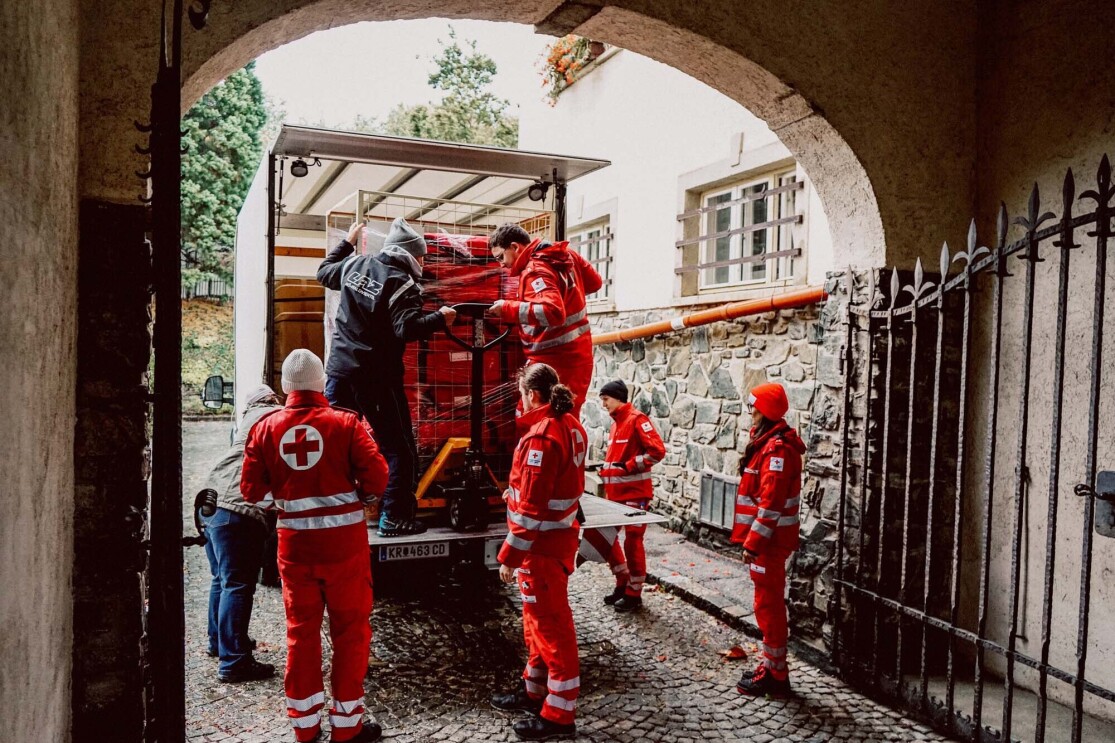Building on Amazon's continued commitment to global workers in its supply chain, the company is funding new tools and collaborating with several organizations to help an estimated 54,000 factory supply chain workers in Asia mitigate the longterm impacts of COVID-19.
The commitment will specifically support workers in Bangladesh and Vietnam by facilitating vaccine assistance, providing a medical hotline for workers, conducting COVID-19 awareness training, and assisting factories in establishing crisis response plans. It includes a collaboration with Catalyst Management Services (CMS), a social investment specialist group; PATH, a global public health nonprofit; and NEST, a nonprofit supporting artisans around the world.
“We’re deeply committed to supporting and building resiliency in our supply chain, while helping ensure the dignity and human rights of workers everywhere in the world where we operate,” said LeighAnne DeWine, head of Social Responsibility at Amazon. “It’s important that we help supply chain workers in Asia’s most COVID-vulnerable regions get access to the crisis response resources they need and help small businesses weather the economic impacts. This commitment is fundamental to who we are as a company and member of the global community.”
Millions of workers worldwide remain impacted by deepening poverty, inequality, and job uncertainty due to the lingering impacts of the pandemic. In many parts of Asia, which are critical manufacturing and sourcing regions for Amazon’s goods, workers continue to experience health and financial challenges due to low vaccination rates and reoccurring lockdowns, which can shutter factories.
Amazon’s work with CMS will cover 14 factories and more than 41,000 workers in Bangladesh. The work will focus on facilitating vaccine assistance, including registration support and vaccine access through the national government, follow-up support for workers, and helping factories establish long-term risk mitigation procedures to deal with COVID-19.
“Investing in the wellbeing of the workforce is essential, ethical, and in businesses’ best interest,” said Shiv Kumar, co-founder of CMS. “We’re excited to work with Amazon in Bangladesh to design and implement programs to build resilience against COVID-19 and related adversities for workers in the Amazon supply chain.”
In Vietnam, PATH’s work is expected to support 13 factories and about 13,000 workers. The efforts will focus on COVID-19 awareness training, assisting factories in establishing crisis response plans, and conducting worker health screenings for the early detection of mental health and general health issues, and occupational diseases.
“Through our collaboration with Amazon, PATH hopes to prepare factory workers to proactively respond to health crises, minimize impacts to productivity, and help workers quickly return to normal conditions,” said PATH’s Global Health Security and Malaria Program Director in Southeast Asia Dr. Nhu Nguyen.
Additionally, Amazon’s collaboration with NEST will provide tools and training to help more than 70 artisan small business owners in Indonesia, Cambodia, and the Philippines weather the financial impact of shop closures, staffing shortages, and cancelled orders. This builds on the Amazon's previous commitment to NEST, which is providing more than 250,000 global artisans with training to sell their goods to millions of Amazon customers on Amazon Handmade.
“Amazon's support will help thousands of artisans in Asia, as well as more than 1,600 small businesses—across 120 countries in the Nest Guild—that will also receive digital training,” said Nest Founder and Executive Director Rebecca van Bergen.
Amazon has extended several million dollars to support supply chain and global worker investments related to COVID-19, including a grant in 2020 to provide help for front-line workers. This included support for the International Organization for Migration (IOM) in Bangladesh to distribute medical supplies and COVID-19-related resources for front-line doctors, nurses, and medical workers operating in the largest refugee camp in the world.
The contribution supported the procurement of lifesaving PPE—approximately 322,000 gloves, 16,000 gowns and coveralls, 18,300 N95 respirators, and 119,000 face shields—for 23 IOM-managed health facilities, serving to benefit both refugee and host community populations in the region.
Amazon has invested significant funds to support relief for its vast employee network and partners, including delivery drivers and seasonal associates facing financial hardship or quarantine. The company has also hosted more than 1,800 on-site vaccination events for front-line employees since the start of the pandemic.
Trending news and stories




